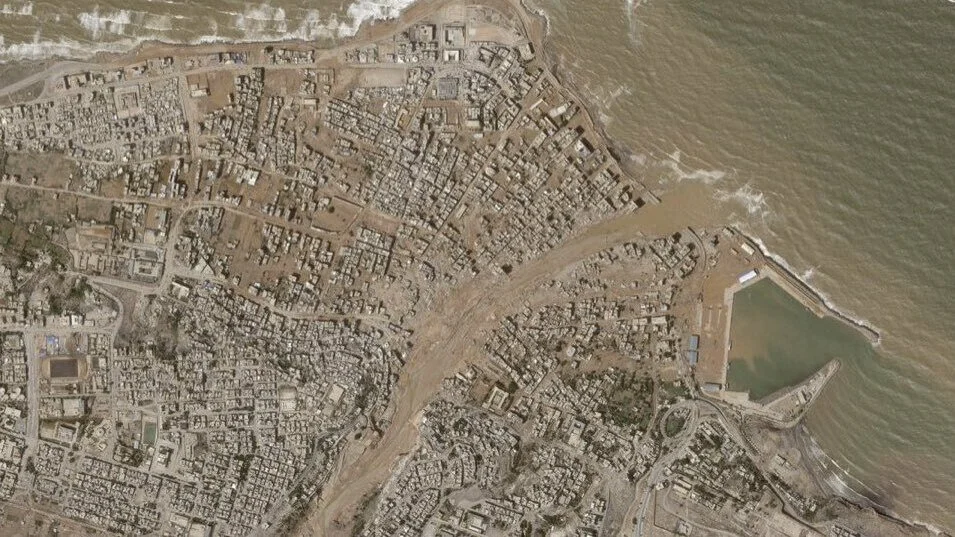Libya: Human rights NGOs call for an impartial investigation over deadly impact of Storm Daniel
An impartial and thorough investigation is urgently needed into the circumstances of the disastrous floods in Eastern Libya, triggered by Storm Daniel, and the subsequent collapse of two dams on the night of 10 September 2023, said 11 human rights organizations today.
According to the Ministry of Health of the Libyan Government of National Stability (GNS) ) , the reported death toll stands at 3351 , while the number of those missing is about 11,000 according to Arab Red Crescent and Red Cross Organization (ARCO). Additionally, 30,000 people are believed to be displaced. The region has also suffered substantial damage to critical infrastructure, notably affecting the road network, and experienced disruptions in the telecommunications system.
While the Libyan authorities attempted to absolve themselves of responsibility by asserting that the catastrophe was a consequence of climate change, strong calls for accountability were voiced by hundreds of survivors who staged a protest in front of the Al-Sahaba Mosque in Derna.
It appears that the high death toll was not only caused by the strength of the hurricane but was further exacerbated by the lack of adequate warnings to the population from the Libyan Government of National Stability (GNS), one of the two governments vying for power in the country and which has de facto control of Eastern Libya, as well as the apparent lack of maintenance to dams.
“Considering the history of impunity in Libya and the scale of the tragedy, it is essential to conduct thorough, independent, impartial and transparent investigations into the circumstances of this disaster. This investigation should be mandated to assess responsibilities and ensure accountability in relation to the floods and the resulting deaths, injuries and destruction and to make its findings public,” said Ziad Abdeltawab, deputy director at the Cairo Institute for Human Rights Studies.
Lack of effective warning and evacuation plans
A statement by Petteri Taalas, Secretary-General of the World Meteorological Organization, confirmed that Libya’s National Meteorological Center issued early warnings for the extreme weather event, including unprecedented rainfall levels leading to flash floods. However, it seems the authorities gave no warning to the population to evacuate, and on the contrary announced a two day curfew prior to the disaster, which effectively prevented evacuation.
Prior to Storm Daniel’s landfall, on 9 September 2023, the Prime Minister of GNS issued Decision No. 72 of 2023, which gave the Minister of Interior the responsibility to issue instructions and directives to gates, passes, and security units. The objective of these directives was to restrict movement along coastal and side roads in areas anticipated to be at risk of floods and runoff due to impending adverse weather conditions.
On the same day, immediately before the storm’s arrival, the Ministry of Interior mandated a curfew imposed after 8 PM starting from Saturday the 9th to Monday the 11th. A video shared on 10 September shows the Director of Security of Derna, Embark Mustapha Bouhara, announcing a curfew, and urging residents to stay indoors from 7 PM on 10 September until 8 AM on Monday, September 11th. These directives and statements gave a wrong signal to the population that they had to stay home and effectively led to trapping them inside their houses .
Failure in the maintenance of the dams
In addition to the lack of effective early warnings and evacuation plans for the population, the authorities long neglected the situation of the dams, despite experts’ warnings. For example, Dr. Abdelwanees A. R Ashoor, in November 2022, emphasized in his research paper the urgent need for proper maintenance to the dams given the high potential for flood risk.
In a 16 September article published by The New York Times, Dr. Ashoor lamented the tragic loss of several members of his extended family due to recent flooding. He voiced his frustration, highlighting that the government had disregarded years of warnings, including those articulated in his own research paper.
The annual report 2021 from the Libyan Audit Bureau revealed that 2,286,358 Euroswas budgeted for the maintenance and rehabilitation of the Derna and Abou Mansour dams. Despite this, as highlighted by the Libyan Audit Bureau, there was clear failure in the Derna and Abu Mansour dam maintenance projects. Despite the availability of funds, the projects were not completed. The report recommends an investigation into those responsible. Additionally, it suggests appointing an international consulting firm to determine any direct connection between the project failures and the dams’ collapse during the hurricane.
Derna, a focal point of conflict and humanitarian crises in Libya
Libya is in a state of political instability, following years of internal conflicts. It is divided between two competing governments – The Government of National Unity (GNU), based in Tripoli in the west, led by Abdul Hamid Dbeibah, and the Government of National Stability (GNS), based in Sirte and Benghazi in the east and led by Osama Hammad, and previously Fathi Bashagha. The GNU was established in 2021 as part of a U.N.-supported initiative designed to prepare for elections that were initially scheduled for the same year but eventually postponed due to disagreements over electoral regulations.
Derna itself has been a focal point of conflict and humanitarian crises in Libya in this division. In May 2018, the Human Rights Watch report revealed that the Libyan National Army (LNA), led by General Khalifa Haftar, had imposed a siege on Derna since August 2016 with the intent to oust the Derna Mujahideen Shura Council (DMSC), which controlled the city since the removal of ISIS in April 2016. The LNA initiated a ground attack on 3 May 2018, south of the city.The attack on Derna resulted in dire humanitarian consequences, including airstrikes that led to civilian casualties and damaged infrastructure. .
◤ Signatory organizations:
Aman against Discrimination
Aswat media network
Belaady Organization for Human Rights
Cairo Institute for Human Rights Studies
Independent organization for human rights
Adala for all Association
Justice without chains
Libyan Center For Freedom Of Press
Libyan Networkfor Legal Aid
Libyan Organization for Independent Media
Youth Gathering For Tawargha


